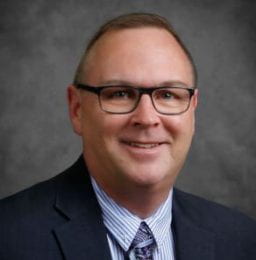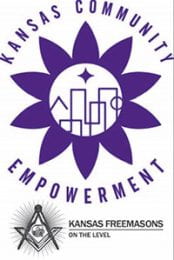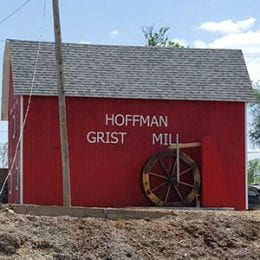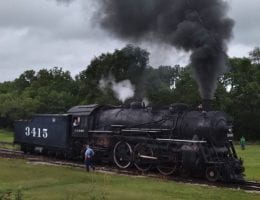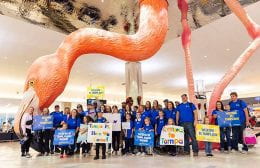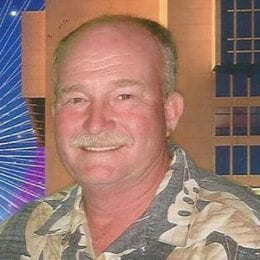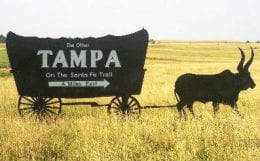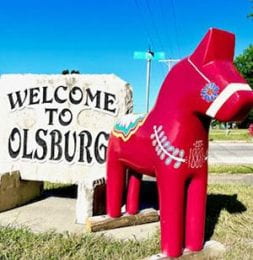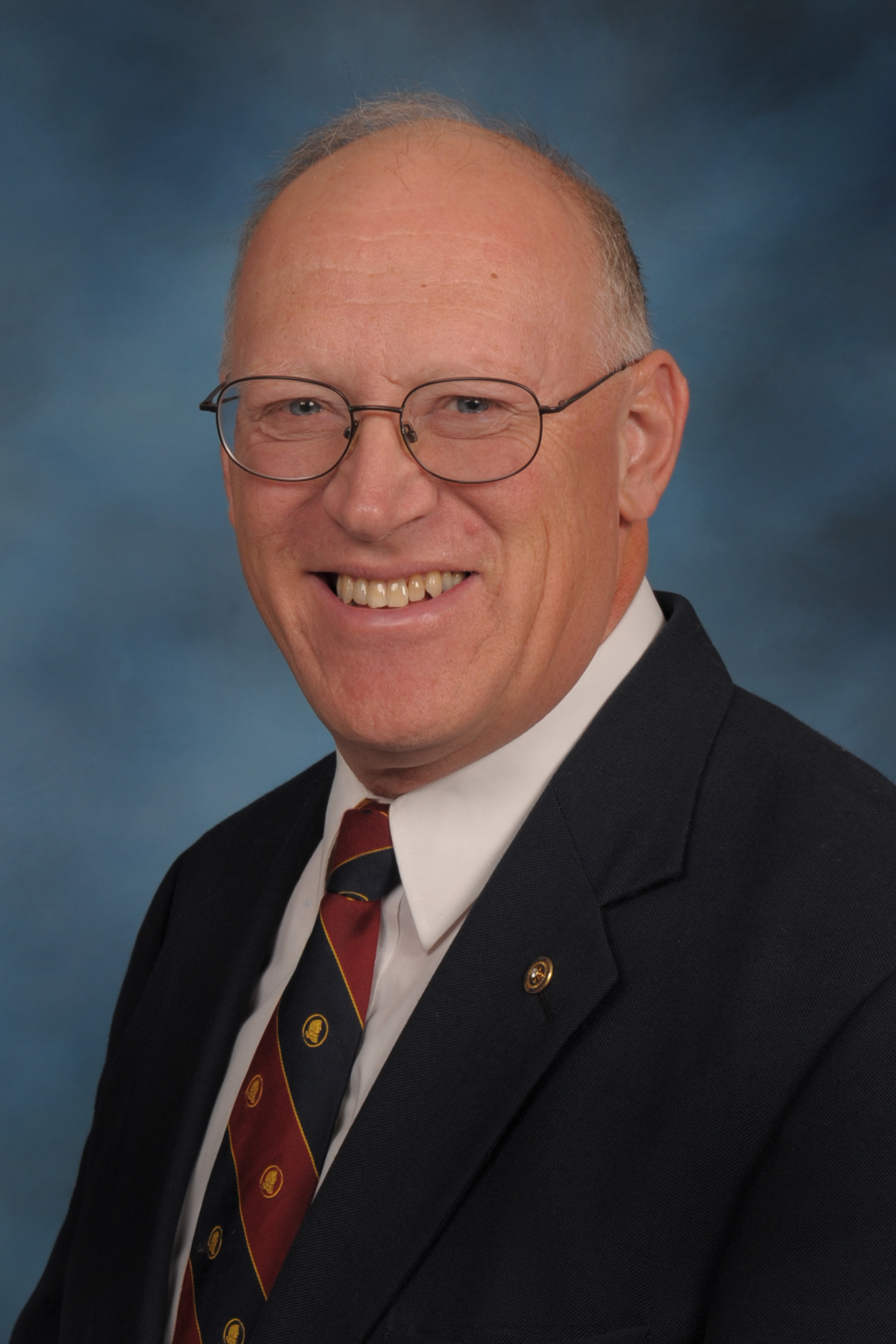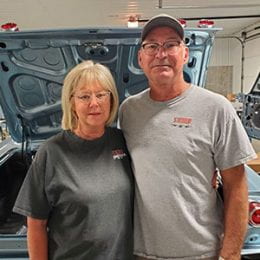
Let’s go to a Camaro-only national car show in Orlando, Florida.
It’s time for the awards. And the winner of the best paint job award is…..a 1967 Camaro that was beautifully restored by a craftsman halfway across the continent in rural Kansas.
Todd and Jackie Sump are the owners of Sump Restoration which did the paint work that earned this award. The business is based at their home near Randolph. Todd grew up on a nearby farm. He met and married Jackie, who is from Marysville.
“I always worked on cars,” Todd Sump said. He built his own go-cart at age 10. At 11, he helped his dad work on a 1952 Chevy truck.
“Dad always had a shop and I learned a lot from him,” he said.
In the summer of his senior year, Sump worked on his cousin’s 1965 Chevelle (when was the last time you saw one of those?) and found he enjoyed the work. He worked for body shops before joining a construction company.
In 1994, the couple moved to a farmhouse near Randolph. After buying the place, they wanted to convert an existing implement shed into a shop. They had to do the work themselves.
“It was long summer days, but with some help from friends we got it done,” Jackie Sump said. They have since expanded the building. Continue reading “Todd and Jackie Sump, Sump Restoration”
